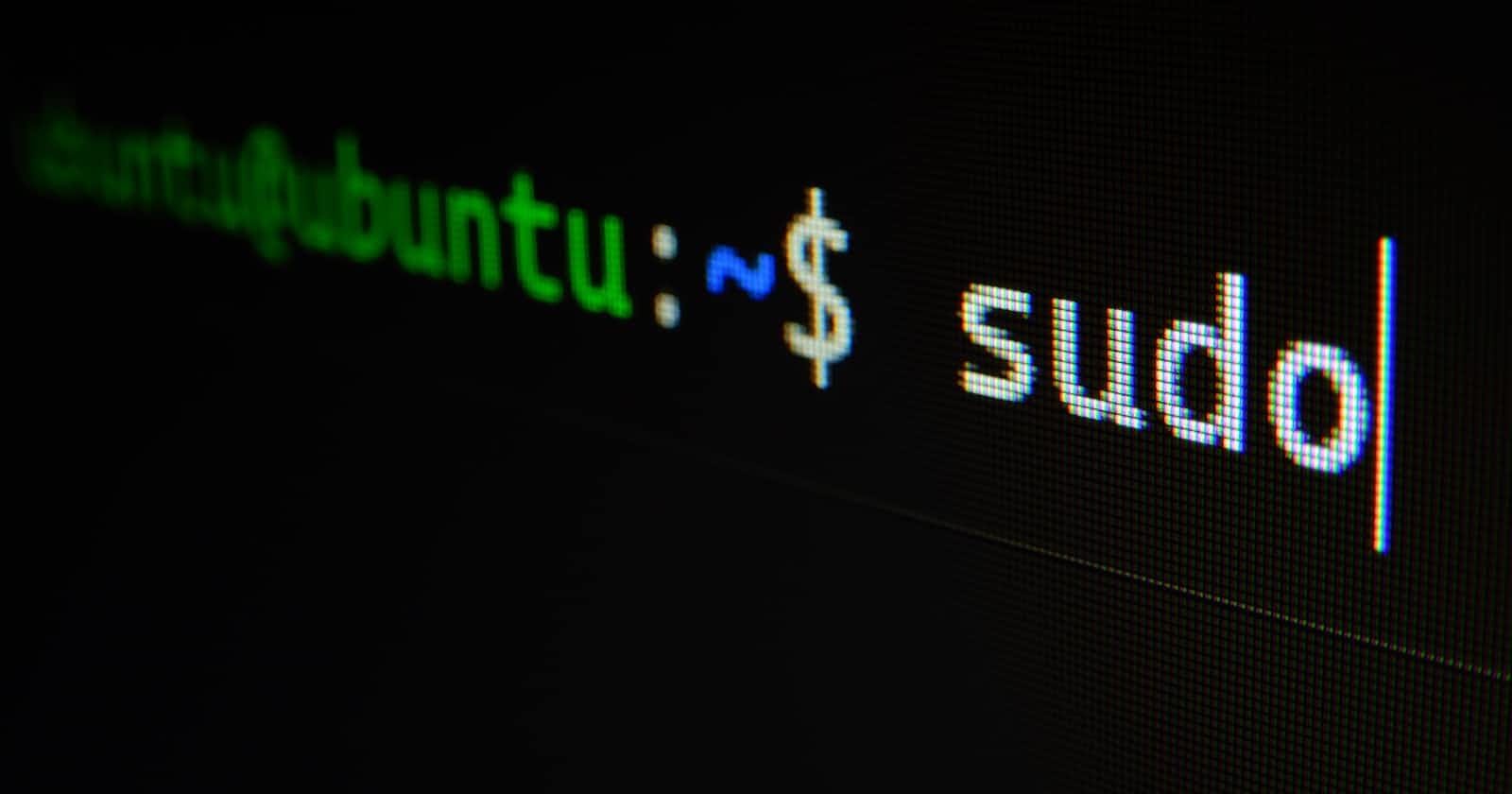
Mastering the Linux Terminal: 10 Essential Commands for Daily Productivity
Welcome to our blog! In this post, we'll explore ten fundamental Linux terminal commands that can significantly enhance your day-to-day productivity.
Table of contents
1. ls - List Files
>ls
The ls command allows you to list files and directories in the current location.
2. cd - Change Directory
cd Documents
Navigate through your directories effortlessly with the cd command.
3. mkdir - Create a New Directory
mkdir NewFolder
Easily create a new directory using the mkdir command.
4. cp - Copy Files or Directories
cp file.txt Backup/
Duplicate files or directories seamlessly with the cp command.
5. mv - Move or Rename Files
Move or rename files effortlessly using the `mv` command.
Move or rename files effortlessly using the mv command.
6. rm - Remove/Delete Files
rm unwanted_file.txt
Remove unwanted files or directories with the rm command.
7. Text Editors: nano or vim
nano new_file.txt
Create or edit files efficiently using text editors like nano or vim.
8. grep - Search for Patterns
grep "keyword" file.txt
Efficiently search for specific patterns within files using the grep command.
9. man - Access Manual Pages
man ls
Get detailed information and help for a command using the man command.
10. chmod - Change File Permissions
chmod +x script.sh
Manage file permissions effortlessly with the chmod command.
By mastering these commands, you'll unlock the full potential of the Linux terminal, boosting your productivity in development and daily tasks. Stay tuned for more tips and tricks!
#everystepstowardmoreproductivity
#staycurious
#stayhealthydeveloper
